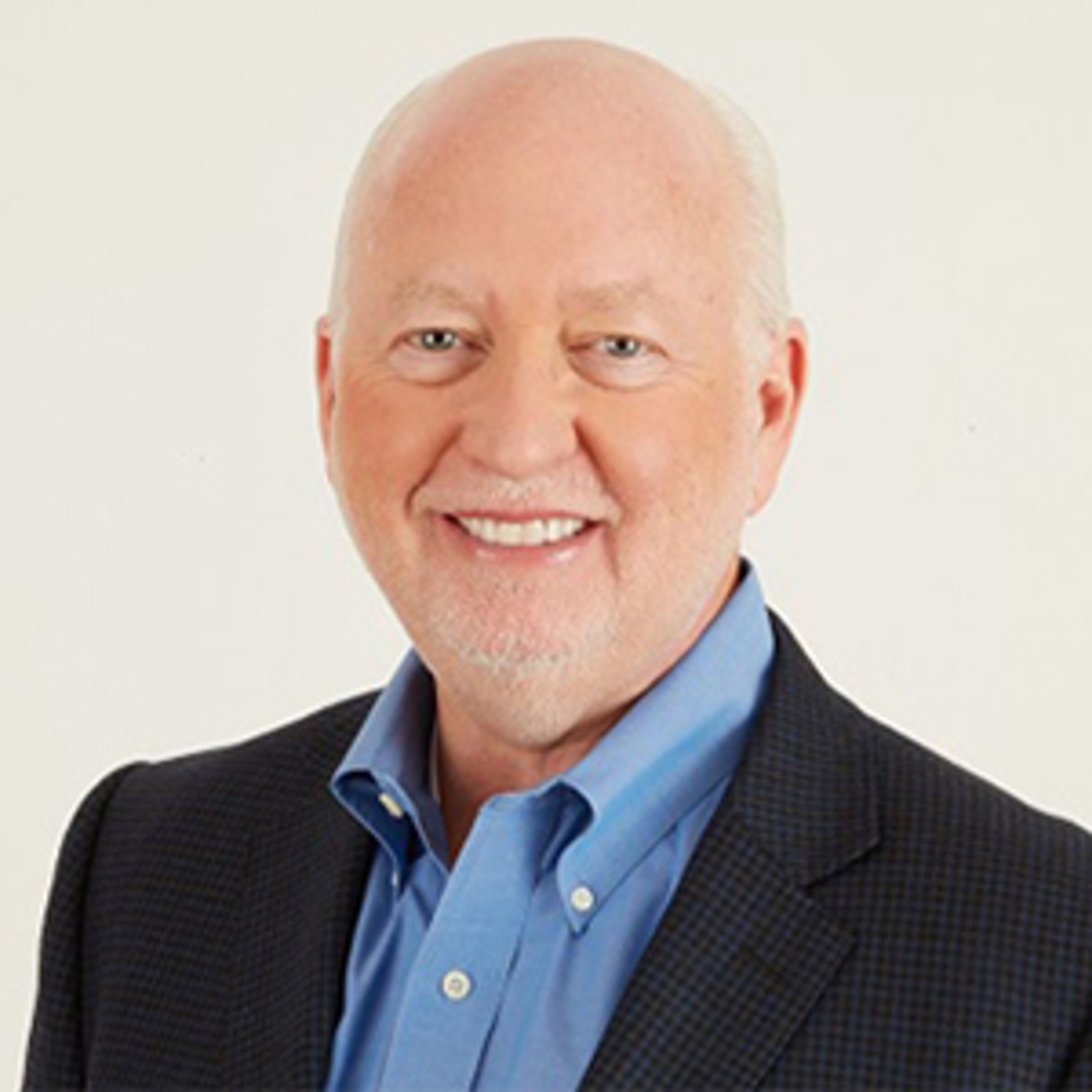How Investing in Relationships Can Restore Our Civic Discourse
How reconnecting with others and nurturing genuine friendships can help restore unity in a fractured world.
Oct 13, 2024
Written by our Founder and CEO, our Celebrations Pulse Sunday Letters aim to engage with our community. From sharing stories to welcoming your ideas, we want to help you connect with and celebrate the important people in your life.
With the election less than a month away, the country is coming apart at the seams, yet I want to believe there’s enough thread to stitch them back up. While political disagreements have always been a part of American life, recent years have seen those differences spiral into hostility that’s straining our communities, friendships, and even families.
The situation is exacerbated by negative political ads, news outlets, and social media platforms that prioritize sound bites and outrage over thoughtful conversation and facts. And the divides are only widened by the modern ways we interact and communicate with each other.
Although it may be tempting to tune out of civic life, disengagement isn’t the answer. Our country’s proud tradition of open and spirited debate is a cornerstone of democracy. And sticking our heads in the sand is just as dangerous as open hostility.

The solution lies in what we can control: our own actions and attitudes. Each of us has a unique power – the ability to connect with others and foster meaningful, deep relationships. I know you may seem skittish to do so in today’s political climate, but if we use our power, we can begin to heal our country’s divisions.
A problem rooted in loneliness
It’s no surprise that we find ourselves here. As I’ve written in previous Celebrations Pulse letters, much of the social infrastructure we once relied on for finding in-person friends has diminished. Social clubs, recreational leagues, and hobby groups are far less common, and church attendance has declined significantly.
Research shows more than one in three adults aged 45 and older report feeling lonely on a regular basis, while an alarming 60% of younger people say they’re chronically lonely. U.S. Surgeon General Vivek Murthy warns that loneliness increases the risk of heart disease, stroke, and dementia. It also negatively impacts our civic discourse.
The social infrastructure has been replaced by technology that promised connection but has left us feeling even more disconnected – and angry. Staring into ambient screens, we congregate in vacuous digital spaces packed with anonymous users and curated by algorithms that prioritize outrage and grievance over genuine connection.
The result is a vicious circle of loneliness and vitriol. If we want to restore civility to our civic discourse, we need to end the loneliness epidemic. Full stop.
Breaking the cycle
Since politicians, the media, or any external institution are unlikely to tamper down the rhetoric, we, as individuals, must take on the responsibility. The good news is it’s not a difficult lift. We just need to take the time to find friends and invest in those relationships.
That is, we need to use our power – that special, innate ability everyone has to connect with other people in meaningful ways.

The process begins with putting down the devices and getting out into the analog world. Attend local events, volunteer, and get to know your neighbors. These simple interactions will open the door to new friendship opportunities.
Instead of seeking out how you’re different from another person, look for what you have in common. It could be having children in the same grade, work challenges, funny stories, or even something simple as a TV show you enjoy watching.
Also, acknowledge that nobody has all the answers. Be curious, ask questions, and probe into the reasons for your differing opinions. Just ask any school-age child: A little humility goes a long way when it comes to forging relationships and learning. Because all people truly want and need is human interaction.
Stepping into other people’s shoes
You will encounter people you disagree with politically. When you do, practice empathy. Try to comprehend their position. Listen to understand, not just to figure out your response.
I recently had the pleasure of speaking with Scott Simon, author and founder of Scare Your Soul, a movement dedicated to encouraging people to confront their fears and embrace courage in everyday life. One topic we touched on was the reluctance people have to engage in meaningful conversations with people they disagree with. He admits it’s not easy:
“We need to lower our walls and ask questions about what it means to be the other person. What does it mean to be you? What's your background? What are your values? And that takes courage. What doesn't take courage is putting up that wall and living inside a silo.”
In his view, the solution lies in reclaiming our shared humanity.
“I believe we need to approach one another with curiosity and humility. Instead of always asserting our own opinions, we should have the courage to ask more questions – to genuinely seek to understand each other.”
Investing in relationships
Once you’ve been introduced to new people, you must work to maintain and build on that friendship. It won’t happen by itself.
Remember: Neglect is poisonous to friendships. And I’ve seen that most friendships wither simply because people are too busy to stay in touch. I’ve solved this problem by keeping a calendar that lists all the people to whom I want to reach out on any particular day.
My connectivity calendar includes all the lunch and dinner dates you’d expect. But it goes deeper. I plan out interactions as simple as sending a text or email to check in on my friends. A simple “Just thinking of you” and “How are you doing?” is enough to keep relationships alive.
Small acts of kindness also help. Offer to lend a listening ear or a shoulder to cry on in a time of need. Surprise your friends with unexpected gestures of gratitude and support.
A path forward
We can rebuild our civic life, one friendship at a time.
To borrow from Abraham Lincoln, our neighbors are our friends, not our enemies. We must be friends. Our democracy depends on our ability to respect and coexist with those who hold different views. This doesn’t mean abandoning our values; rather, it means holding onto them while also embracing the basics of respect, empathy, and kindness.
The divisions in our country won’t be healed overnight. It will take a lot of work to return civility to civic life, and it’s our job as individuals to use our power and get the country back on the right track.
All the best,
Jim














